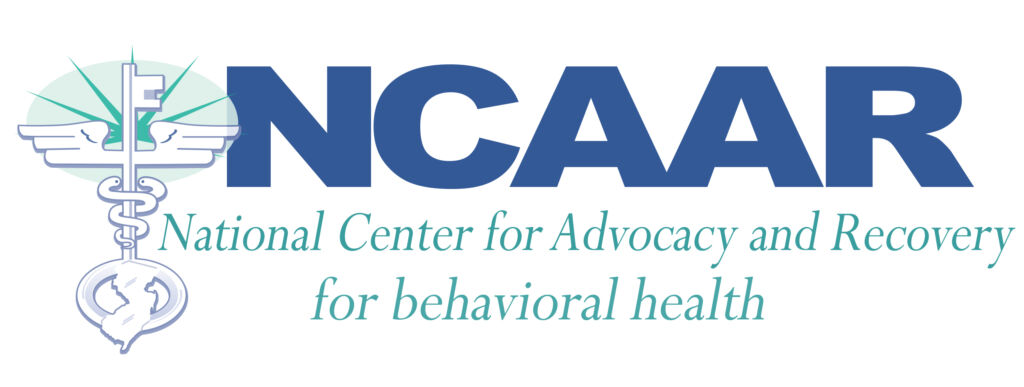TRAINING
NCAAR provides NO COST training to advocacy leaders and community organizations.
NCAAR OVERVIEW
Meet the National Center for Advocacy and Recovery, NCAAR: This training introduces participants to NCAAR, our nonprofit organization committed to advancing public policy, advocacy, and care coordination within the substance use disorder and behavioral health system. Attendees will gain insight into NCAAR’s mission, core initiatives, and how the organization supports individuals, families, and communities affected by substance use.
SUBSTANCE USE DISORDER TRAINING
Substance Use Disorders: Foundations and Compassionate Care for Future Physicians: This training explores substance use disorder (SUD) as a medical condition with far-reaching impacts on patients and their families. It covers evidence-based medication options for treating SUD, strategies for engaging individuals in their care, and approaches to addressing the stigma that often affects patient retention and outcomes.
LANGUAGE TRAININGS
Our Stories Have Power: Known as the “OG” of language trainings, Our Stories Have Power equips people in recovery, their families, and allies with the tools to share their personal stories from a strengths-based, recovery-oriented perspective. This training emphasizes the importance of language in shaping public perception, reducing stigma, and promoting hope.
Empowered: Using Your Personal Story for Change: This training explores the power of personal storytelling in the context of substance use disorder (SUD) advocacy. Participants will learn the “who, what, why, and where” of sharing their lived experiences to inspire change, reduce stigma, and influence policy and public perception.
Sticks and Stones: Using Empowering Language for Change: Designed for anyone who works with or supports individuals involved in the behavioral health system, including clinicians, peer professionals, law enforcement, and community members.
ADVOCACY TRAININGS
Advocacy 101: What is advocacy, and why does it matter? This training introduces participants to the foundational concepts of advocacy, including the distinction between “Big A” (system-level) and “little a” (individual-level) advocacy. Through interactive discussion and reflection, participants will explore how advocacy can drive change at both the micro and macro levels. The session also helps individuals identify the type of advocacy that aligns best with their experiences, strengths, and goals, empowering them to take meaningful action in their communities.
RECOVERY TRAININGS
Recovery Oriented Systems of Care: This training provides a comprehensive overview of the collaborative systems and partnerships necessary to establish a Recovery-Oriented System of Care. Participants will explore the key components of ROSC, including cross-sector coordination, person-centered services, and community engagement. The session emphasizes why ROSC should be the standard model for behavioral health care—highlighting its effectiveness in promoting long-term recovery, reducing stigma, and improving outcomes across diverse populations.
Understanding Harm Reduction: This introductory training demystifies harm reduction by explaining what it is—and what it isn’t. Because harm reduction is often misunderstood and stigmatized, this accessible session is designed to educate participants on its core principles and everyday applications. Through relatable examples and clear explanations, attendees will learn how harm reduction practices promote safety, dignity, and wellness, and why this philosophy is essential in addressing substance use and mental health challenges.
Navigating the System: Designed for individuals new to the field, this New Jersey-focused training provides a practical introduction to the behavioral health and recovery support landscape. Participants will learn commonly used acronyms, understand the differences between Medicaid, Medicare, and other funding streams, and explore various levels of care. The session also offers tips for identifying reputable treatment providers and support services.
Reframing Substance Use and Support: Incorporating Harm Reduction in Family Advocacy: This training is designed for peer support specialists, treatment providers, and advocates working with families impacted by substance use. It focuses on how to engage families in meaningful conversations about harm reduction, shifting the narrative from judgment to understanding. Participants will learn practical strategies to reduce risk, promote safety, and foster supportive environments—while exploring how harm reduction can be a compassionate and effective approach within family advocacy.
SUBSCRIBE TO OUR NEWSLETTER
FOR the Latest News and UPDATES
JOIN OUR ADVOCACY PROGRAM
